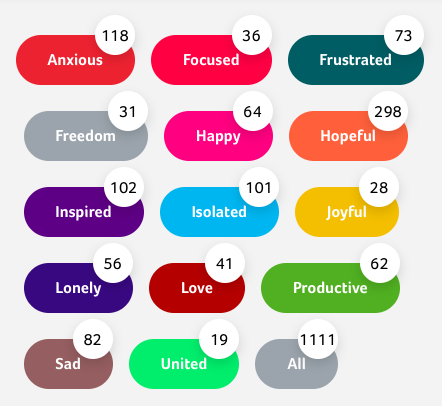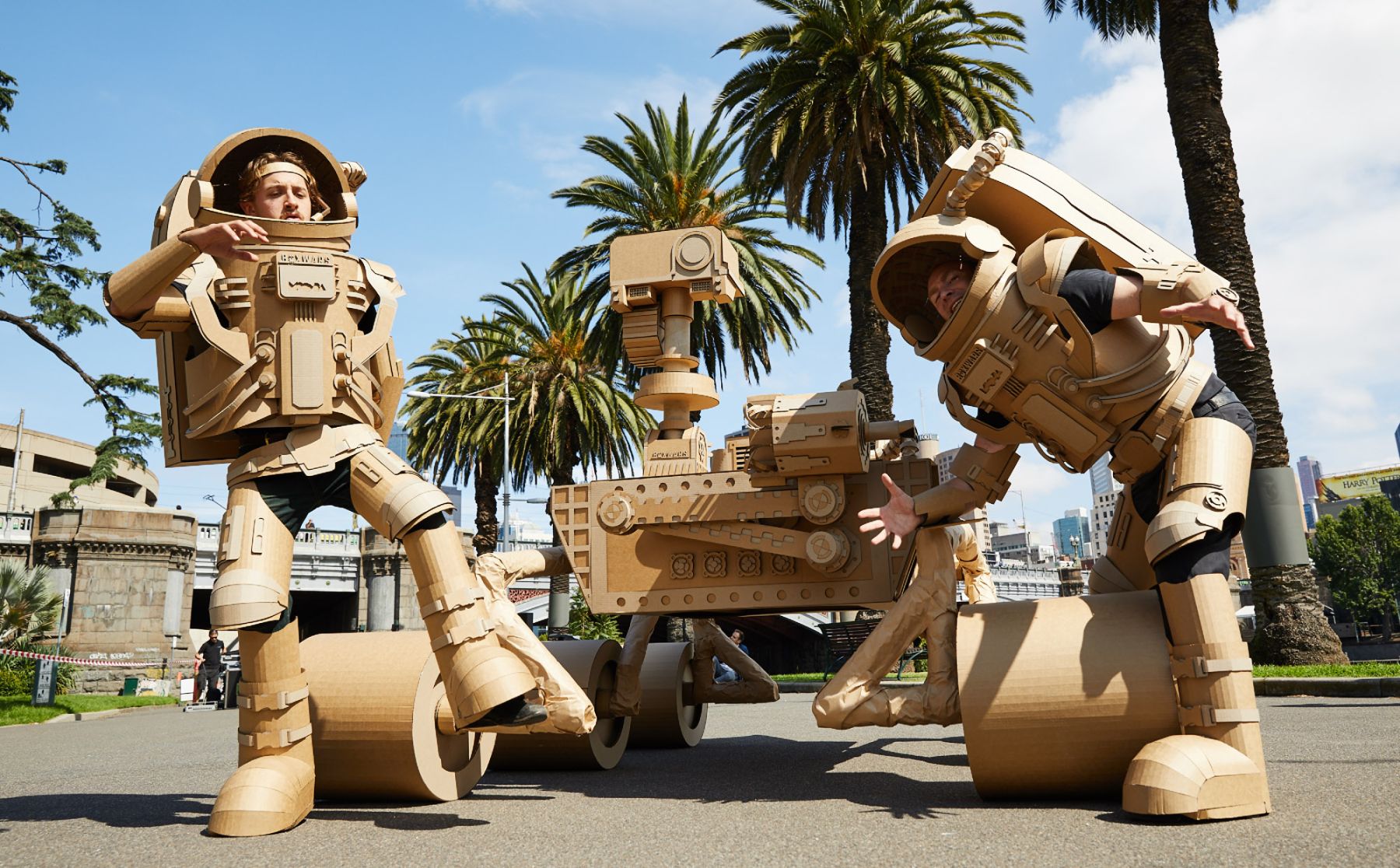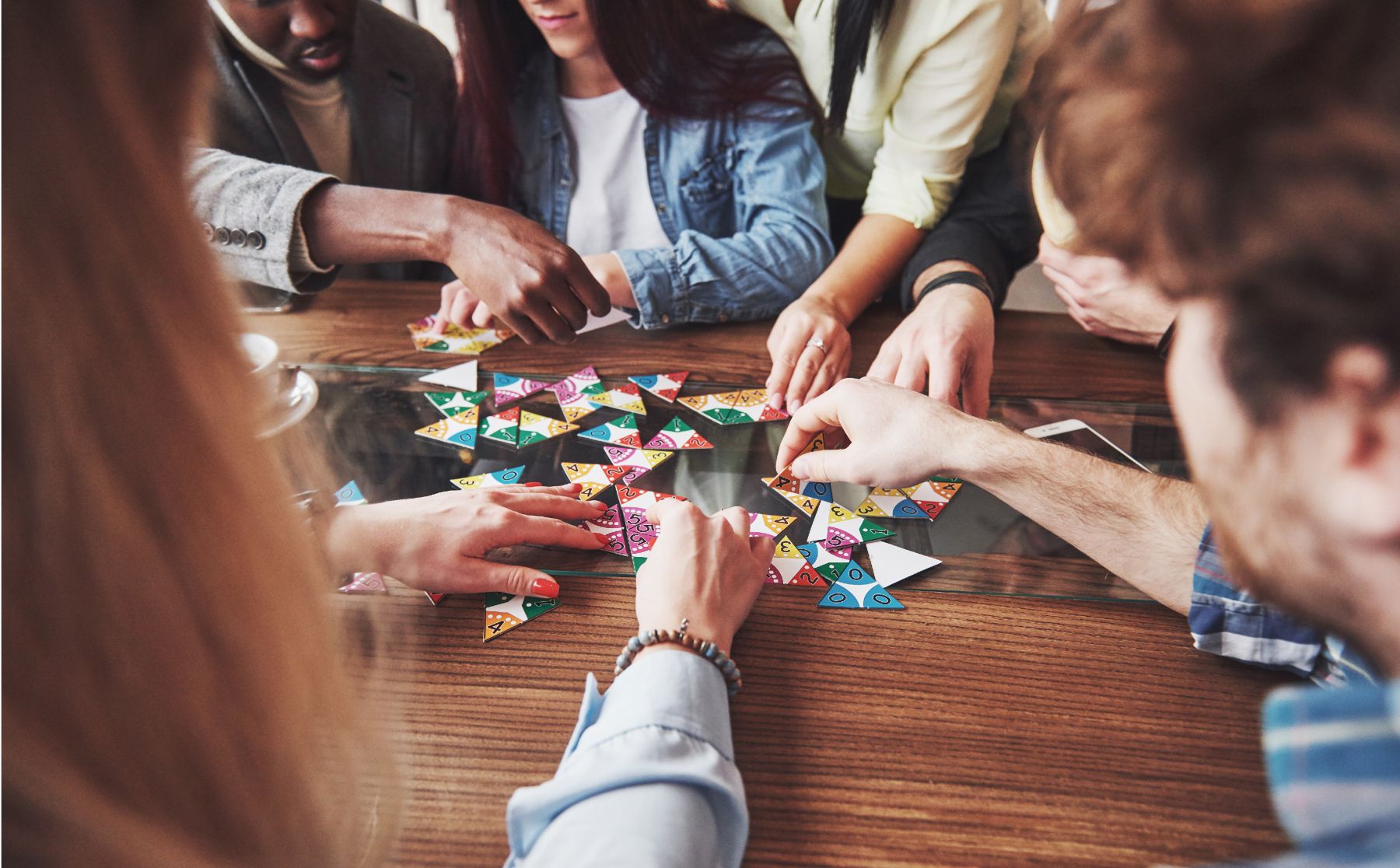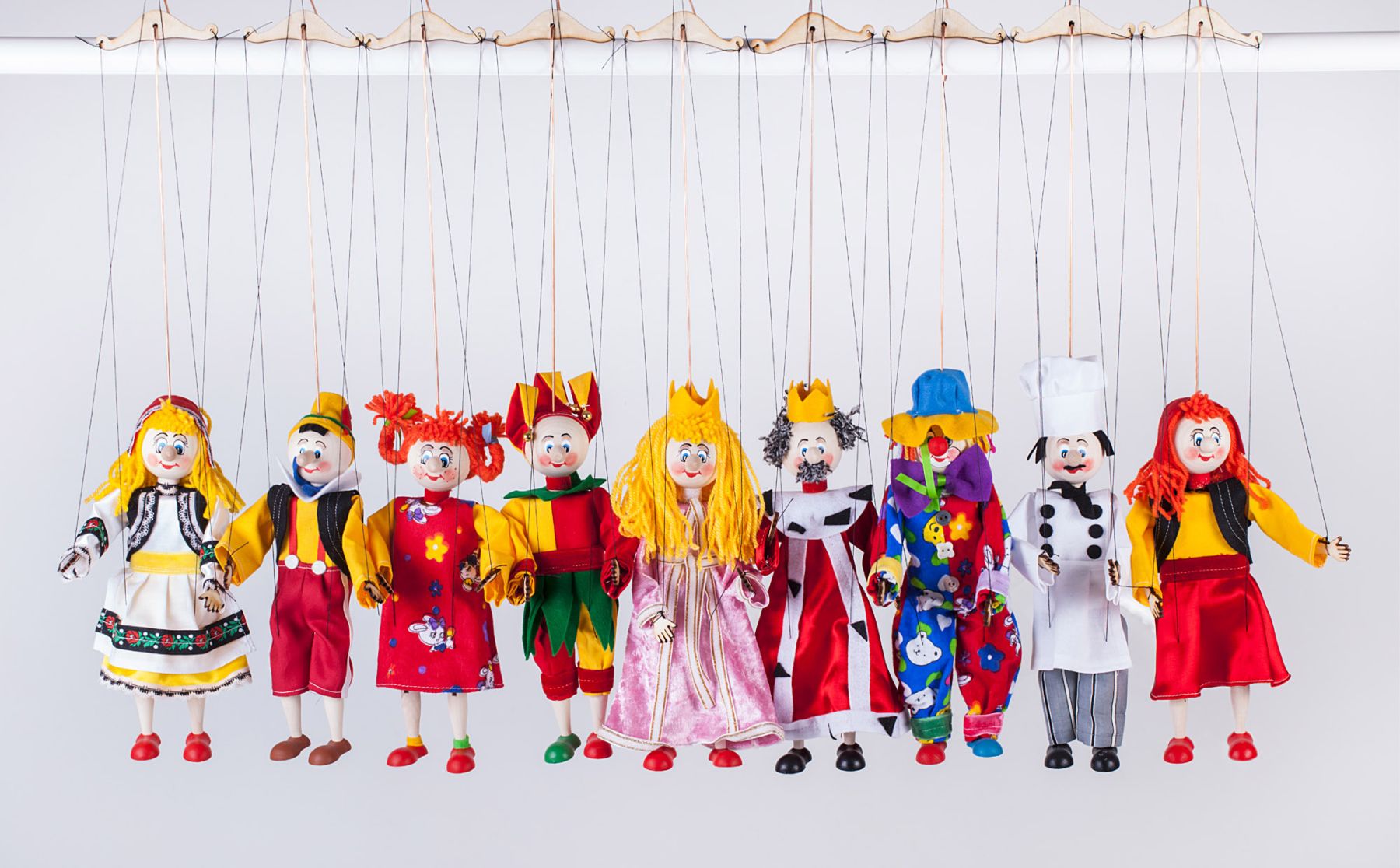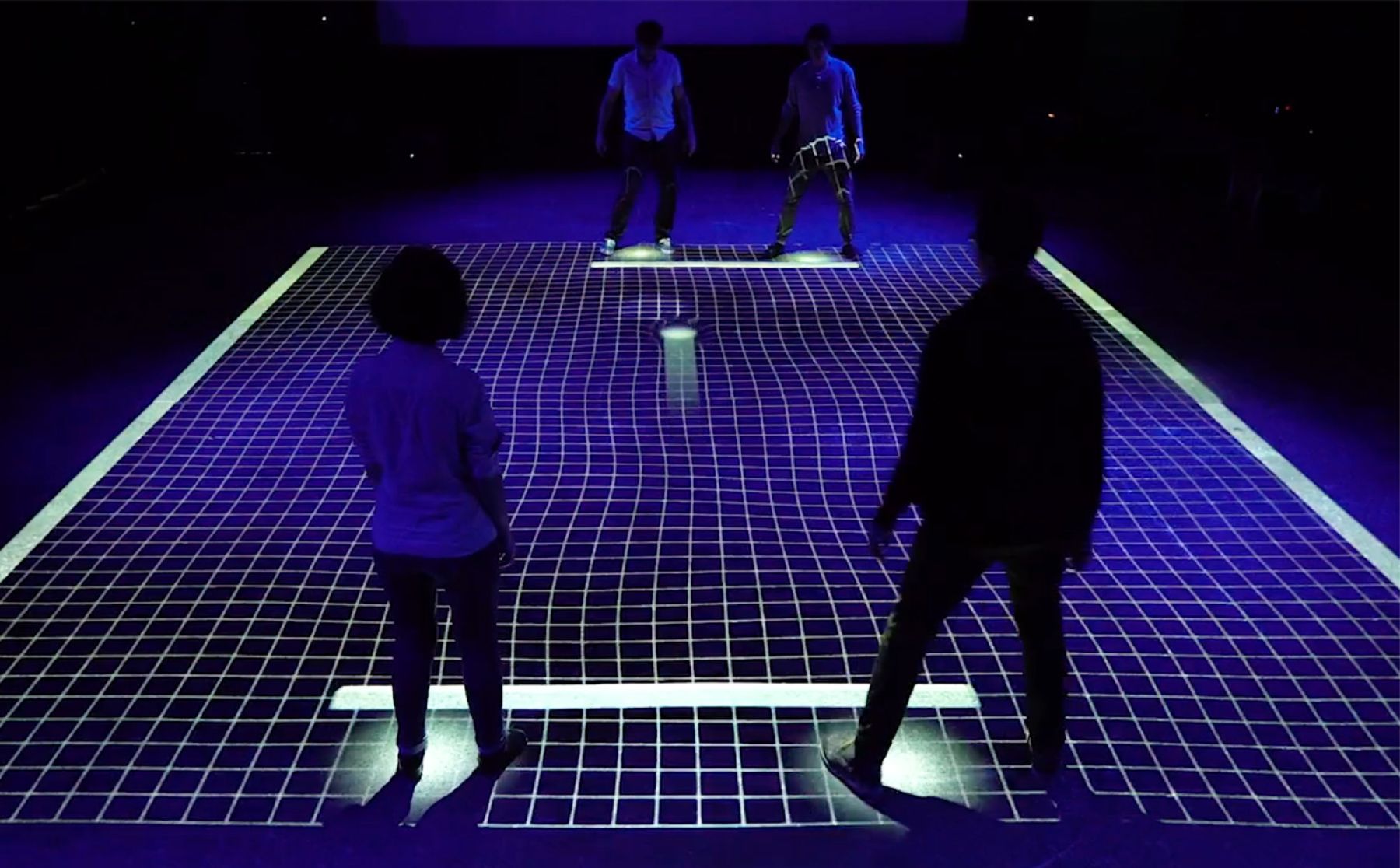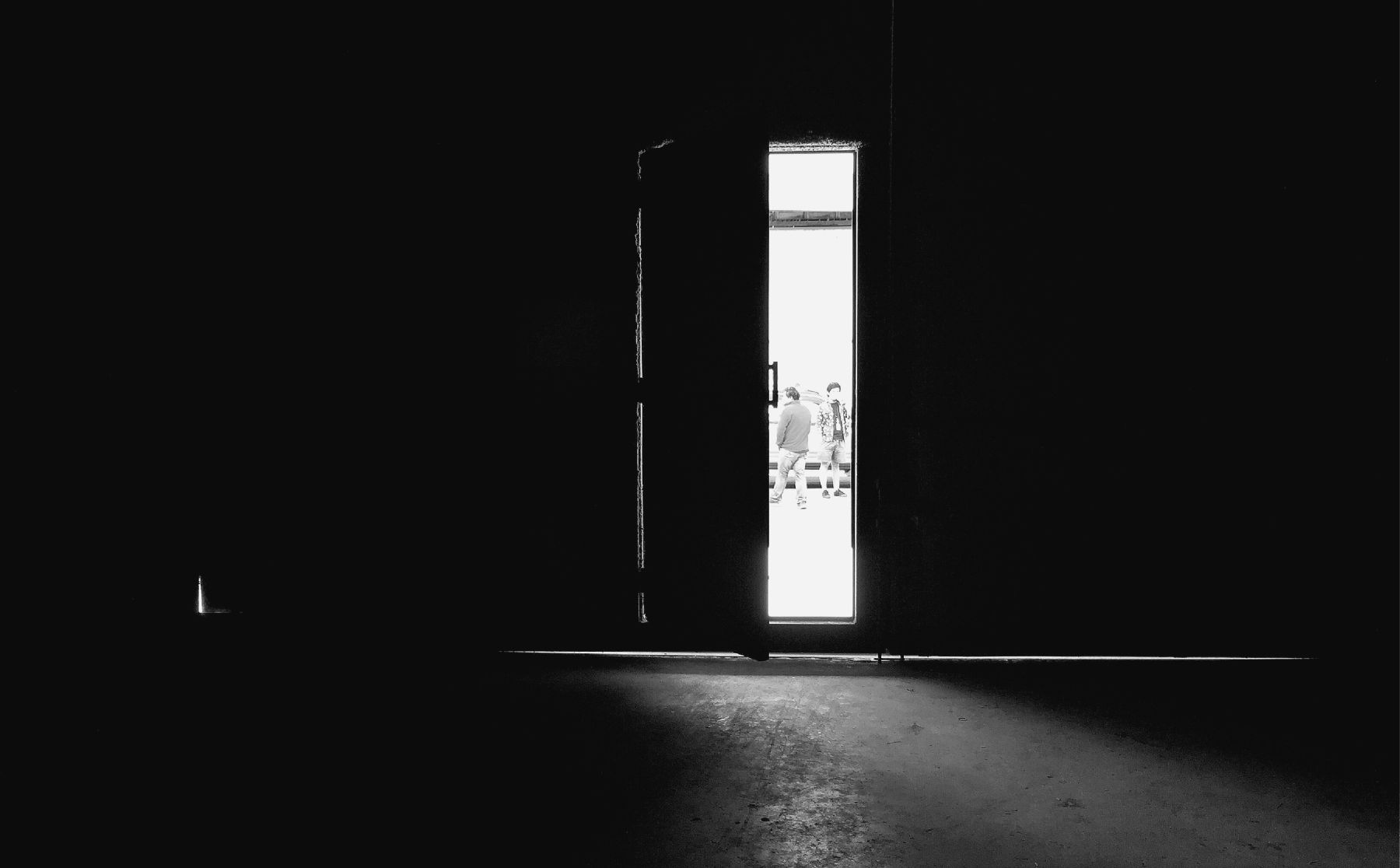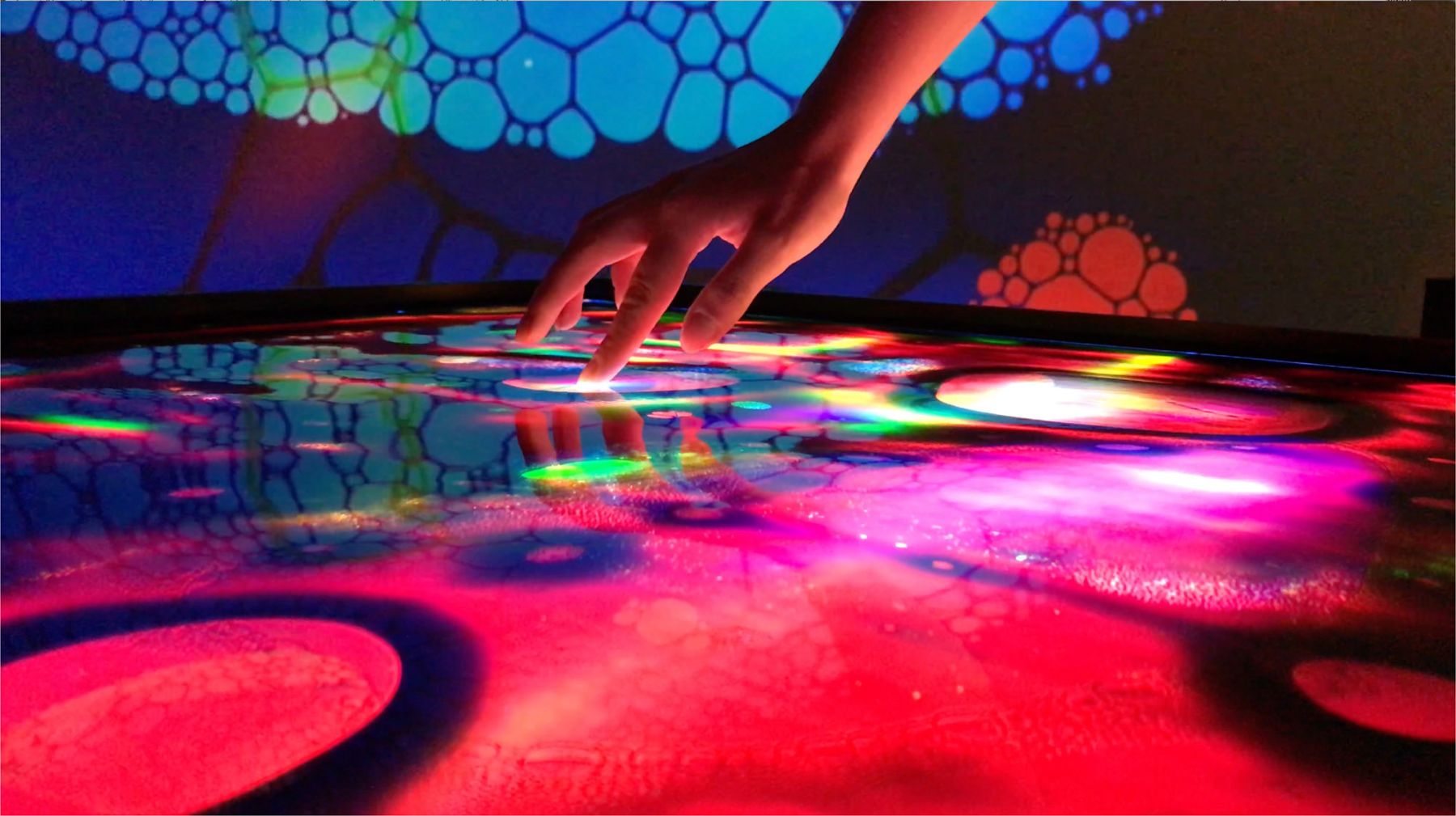COVID-19 JOURNALS: What they tell us about a community
In isolation, our feelings are buried in anxiety and fear, bouncing off the walls in quarantine. Homes became offices, schools, restaurants, and beauty salons. As emotions swing at one end of the spectrum to the other, Ithra Connect offers a platform for release. The COVID-19 Journals invited everyone to express themselves and tell their story to release their distress and share their thoughts during these uncertain times.
As the COVID-19 Journals became a collective memory, uniting people during the pandemic, individuals expressed themselves in poetic and honest ways, like Abdulaziz Abdullah.
He addresses his anxiety: "At the beginning of the year, everyone had plans. 'I will form new friendships,' 'I will visit strange places,' only to greet a massive guest that built a wall around our plans. We are now living the same day over and over again. Today will happen again tomorrow. I used to say it was good for me to retire for a while and treat this as a recovery period from the noise and momentum of life. I could relax for a while and read some books and gain some hobbies, but soon enough, I lost passion in all of my possibilities. Anxiety surrounds me on all sides. Concern about the disease, worrying about those around me, but mainly, anxiety about the future. Will life go back to the way it was? Or will it be stained with different colors? Will masks cover our faces? Will we hide our creases when laughing? Will we suffocate from them or suffocate our facial expressions?"
Ali Raja addresses his feelings of hope while asking several questions. "During this pandemic, which has worsened, we are watching the worldwide infected numbers and deaths rise, and we note that our lives have changed and are continuing to evolve. We will not shake hands anymore. We will not hold business meetings or gather in cafes without a safe distance of about two meters and partake in other precautionary measures. But I wonder, how can we (my family and I, and you) adapt to these changes? I wonder if the virus will live with us forever, like the flu and other infections. I keep thinking about our daily activities, so I decided to deal with this virus and treat it as a new friend. To live with it by taking all precautions seriously and continuing to live my life. And I believe we cannot stop living, especially the young men and women, because we have a wonderful future ahead of us. It needs optimistic people who adapt to almost any circumstance and emerge stronger than before. Yes, keep a social distance from people, keep your hands as clean as possible, and cover your mouth while sneezing or coughing, and that's all."
As for Zainab Al-Awlaki, like many others, she saw isolation as an unattainable endurance. "At first, I felt that isolation was something I could not tolerate, as if I was handcuffed due to the nature of my life and work. Later, I felt that isolation is an important measure in everyone's life. You discover yourself through isolation. You experience engagement in activities you haven't experienced in a long time, practicing multiple hobbies, and discovering your passion. You find yourself cleansing your feelings, of people, and situations you have gone through. Isolation is a rebirth and the new beginning of success."
Roaa Abdullah had a personal opinion about isolation. As a doctor during these times, she writes, "Most people would agree that it was supposed to be arranged earlier, but I am still stuck on the total limitations. My colleagues and I run the recovery wagon from room to room, our eyes fixed on measurements of vital rates. We do not lose an eyelid, we wear two goggles. How? Two gloves and two masks, one for permanent wear and the other for operations. Despite wearing a mask, we wear a hood on our heads, and we wear a yellow robe over our white coats to protect our future areas. Since the beginning of the pandemic, we hear our families over the phone or from behind doors. Not long ago, we ran from their arms and safety to stay in separate rooms, and we were away from our colleagues. We missed a healthy life, missed walking out on the roads, missed the noise of people in public places, and lost our family gatherings. We went out under the sun, and we complained about the heat. We became afraid of ourselves; we no longer trusted our hands, just as we feared the people around us. We parted from our family for safety, so we could return to them safely. Beware and commit so you could also return to your family and friends."
Everyone, from working people, especially the brave doctors and other frontline workers during the pandemic, COVID-19, did separate us but inadvertently unite us. The Saudi community and the residents of the country are trying to deal with their emotions, their fears, adjusting to a new norm created during these hard times. To read other memoirs or submit your own to be part of our collective entries through COVID-19 Journals, please click the following link, https://www.ithra.com/ar/daily-journal/
And whatever happens, keep writing and keep hoping.


